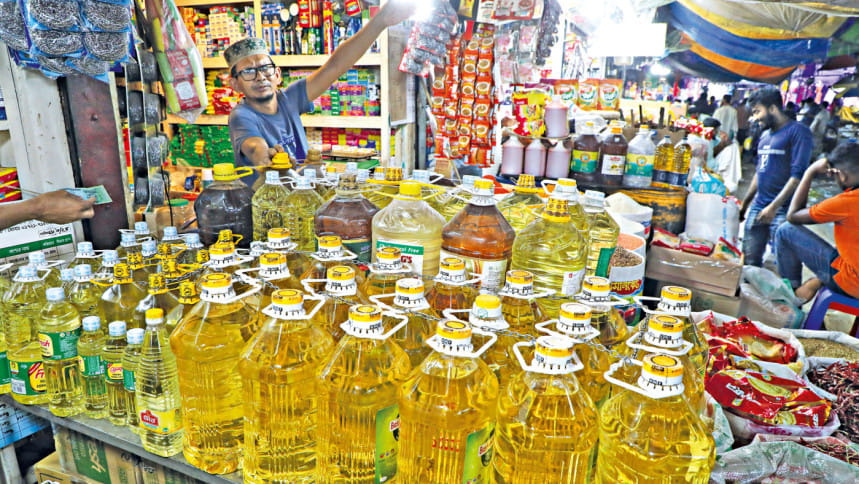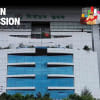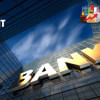Few steps to cut inflation-induced poverty

High inflation has become the bane of low-income people's existence for the better part of the past two years as spiralling prices have dramatically eaten away at their purchasing power.
The interim government tried to appease them through the budget for fiscal year 2025-26 by proposing to increase the food subsidy allocation by about 20 percent to Tk 9,663 crore. Alongside this, the allocation for social safety net schemes has been proposed to be increased by 0.9 percent to Tk 91,297 crore.
Additionally, as many as 55 lakh poor to low-income families will get food aid, up from 50 lakh this fiscal year.
Moreover, each family will receive 30 kilogrammes of rice per month at Tk 15 per kg for six months, up from five months at present, according to the budget proposal.
"But this is not enough," said Selim Jahan, former director of the Human Development Report Office and Poverty Division at the United Nations Development Programme.
The government has aimed to bring down inflation to 6.5 percent in the upcoming fiscal year.
"The government's entire premise is based on the assumption that it will be able to bring down the inflation rate to that level. I do not think that is a realisable target," he said.
Inflation has stayed above 9 percent since March 2023, the longest streak in 40 years, according to data from the Bangladesh Bureau of Statistics.
But the problem is that if the actual inflation rate remains higher than 6.5 percent, the suggested quantities of food subsidy measures will not be enough to provide the intended relief to the targeted people, Jahan said.
The World Bank recently warned that the national poverty rate is projected to rise to 22.9 percent in 2025, up from 18.7 percent in 2022. Extreme poverty is expected to rise to 9.3 percent from 7.7 percent mainly due to high inflation.
The data indicates an additional 3 million people in Bangladesh are likely to fall into extreme poverty this year.
"The government's efforts to combat inflation are inadequate, somewhat ad hoc, and not comprehensive. The measures taken so far are rather on a piece-meal basis; they are mostly on the demand side and they have been concentrating on policy measures and not on institutional issues."
Inflation will not be tamed unless the production of goods and services expands and the impeding blocks in the supply chains are removed.
Bangladesh Bank has been pursuing a tight monetary policy, but the trade-off is that it depresses investment, which is essential to boost production, Jahan said. "Institutional issues like political uncertainty do impact investment."
If the free-market exchange rate leads to devaluation of the taka, imports will become more expensive, fuelling inflation further.
"The government should ask itself two questions: one, even if the commodity prices of many goods have come down in the world market, why are they not coming down in the domestic market? Second, if in two years, Sri Lanka can bring its inflation rate down from 70 per cent to less than 1 per cent, why can't Bangladesh?"
Food subsidies, in reality, are a kind of hand-out, which may provide some immediate relief.
"If the intention is to ensure sustainable relief to people in the short to medium-term, subsidies must be complemented with job creation."

 For all latest news, follow The Daily Star's Google News channel.
For all latest news, follow The Daily Star's Google News channel. 








Comments